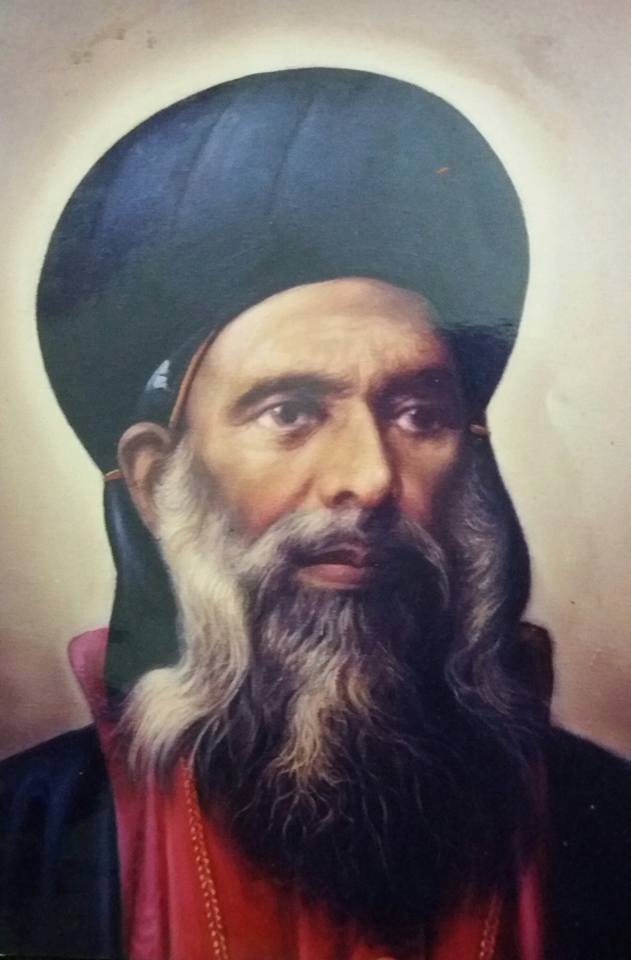According to the Gospel of Luke, Zechariah was a Jewish priest and Pharisee of the line of Abijah, during the reign of King Herod the Great, and husband of Elizabeth, a woman from the priestly family of Aaron. The parentage of John the Baptist is not recorded in the other Gospels. The evangelist states that both the parents were righteous before God, since they were blameless in observing the commandments and ordinances of the Lord. When the events related in Luke commenced, their marriage was still childless, because Elizabeth was barren and, like her husband, was advanced in years (Luke 1:5-7).
The duties at the temple in Jerusalem alternated between each of the families that had descended from those appointed by King David (1 Chronicles 23:1-19). The offering of incense was one of the most solemn parts of the daily worship and, owing to the large number of eligible priests, no priest could hope to perform the task more than once during his lifetime. Luke states that during the week when it was the duty of his family to serve at the temple in Jerusalem, the lot for performing the incense offering had fallen to Zechariah.
The Gospel of Luke states that while Zechariah ministered at the golden altar of incense, an angel of God announced to him that his wife would give birth to a son, whom he was to name John, and that this son would be the forerunner of the long-expected Messiah (Luke 1:12-17). Citing their advanced age, Zechariah asked with disbelief for a sign whereby he would know the truth of this prophecy. In reply, the angel identified himself as the Archangel Gabriel, sent especially by God to make this announcement, and added that because of Zechariah's doubt he would be struck dumb and not able to speak until the day that these things happen. Consequently, when Zechariah went out to the waiting worshipers in the temple's outer courts, he was unable to pronounce the customary blessing (Luke 1:18-22).
On his return home Elizabeth duly conceived. During Elizabeth's pregnancy, her cousin Mary was visited by the angel Gabriel, overshadowed by the Holy Spirit and—though still a virgin—became pregnant with Jesus. Mary then traveled to visit her cousin Elizabeth to share the good news of Mary's expected child and discovered that her much older cousin was also expecting the birth of a son (Luke 1:23-45).
Eight days after Elizabeth gave birth, when their son was to be circumcised according to Jewish tradition, their family members and neighbors assumed that he was to be named after his father, as was the custom. Elizabeth, however, insisted that his name was to be John; so the family then questioned her husband. As soon as Zechariah had written on a writing tablet: His name is John, he regained the power of speech, and praised God with a prophecy known as the Benedictus (Luke 1:57-79). The child grew up and became strong in spirit, but remained in the desert of Judaea until he assumed the ministry that was to earn him the name John the Baptist (or Baptizer) (Luke 1:80, 3:2-3, Matthew 3:1).
REFERENCES

